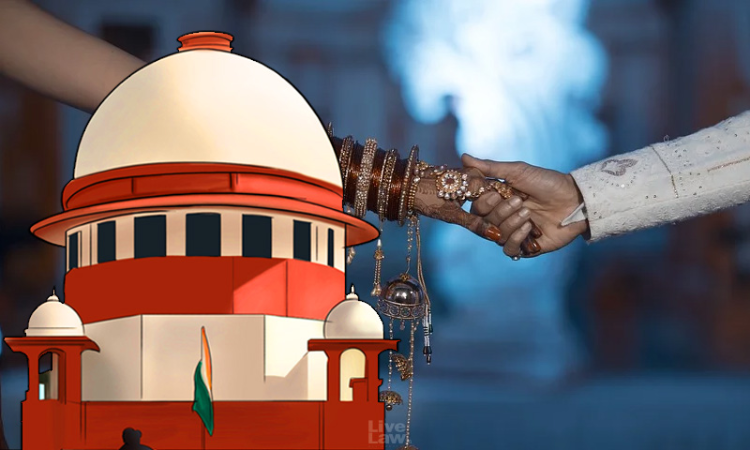The Supreme Court bench headed by Justice Rohinton Fali will hear the petition challenging the provisions dealing with restitution of conjugal rights.The Public Interest Litigation filed by Ojaswa Pathak challenges Section 9 of the Hindu Marriage Act, section 22 of the Special Marriage Act and Rules 32 and 33 of Order XXI of the Code of Civil Procedure. The petitioner, in its plea, contends...

